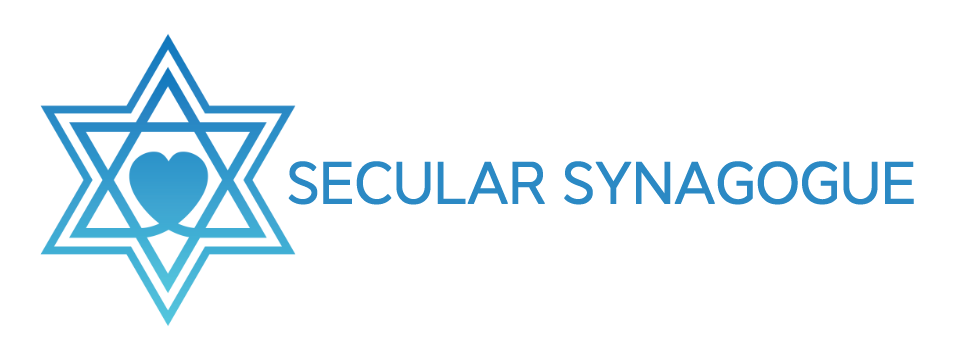The Torah, the Ten Commandments and Us
This week’s Torah portion is such a juicy one and has so many great resonances. This is probably a familiar story: Moses ascends the mountain and while he’s gone, the people build a Golden Calf. Moses comes down with the Ten Commandments and is so angry that he smashes the tablets.
There are lots of interpretations for what the Golden Calf might symbolize. For many today, we see it as money or stuff — the true idolatry of our day is that we as a society worship things. The goldenness of the calf fits nicely with that drash/interpretation. The Golden Calf is, of course, symbolic of any form of idolatry for, as we see when we get the decalogue, the first commandment is all about having only one God.
Years ago when I studied in Israel as part of my rabbinic training, I attended a great class at the non-denominational Pardes Institute for Jewish Studies. In the week of Ki Tissa, this biblical portion, the instructor posted a question I had never thought of: how did this group of Israelites wandering around the desert have the gold to make the calf? She suggested we look earlier in the Exodus narrative. Sure enough, just before the Israelites are leaving Egypt and about to cross the Red Sea, they ask their Egyptian neighbours for stuff to take on their journey
So, according to the story (and, yes, I believe this is a story, not history), the Egyptians helped the Israelites with items of value, including gold, and the Israelites used all that to build a golden calf instead of building a better life.
What’s the lesson? Well, firstly, we are told many times in the bible to “love the stranger, for you (we) were strangers in the land of Egypt.” It’s worth remembering that the Egyptian folks in the story weren’t uniformly bad — they tried to help us out, even after the plagues! And that the Israelites in the story weren’t uniformly good — they mess up too.
I loved thinking of the golden calf in these terms because it’s a reminder that we as humans have the potential to build amazing things, particularly when we share and cooperate, and yet so much of what we do with our resources amounts to nothing but garbage.
Whatever you have been given and are carrying with you, my hope is that you use it towards good. The golden calf provided false hope for a desperate people. Our job is to avoid succumbing to such false hope, to meet our own desperation or fear or despair or yearning with bravery and courage, and to build something more beautiful.
Finally, a fun activity to do with Sunday school kids is to come up with a new Ten Commandments - what are the ten rules everyone should live by? There are some in the original we might keep (like honouring your parents; that’s a good one). There are some we might discard. We might prefer to see new stuff in there, like protect the earth and its creatures, show respect and kindness, have dance parties regularly, or always say yes to cake. What are your ten?
